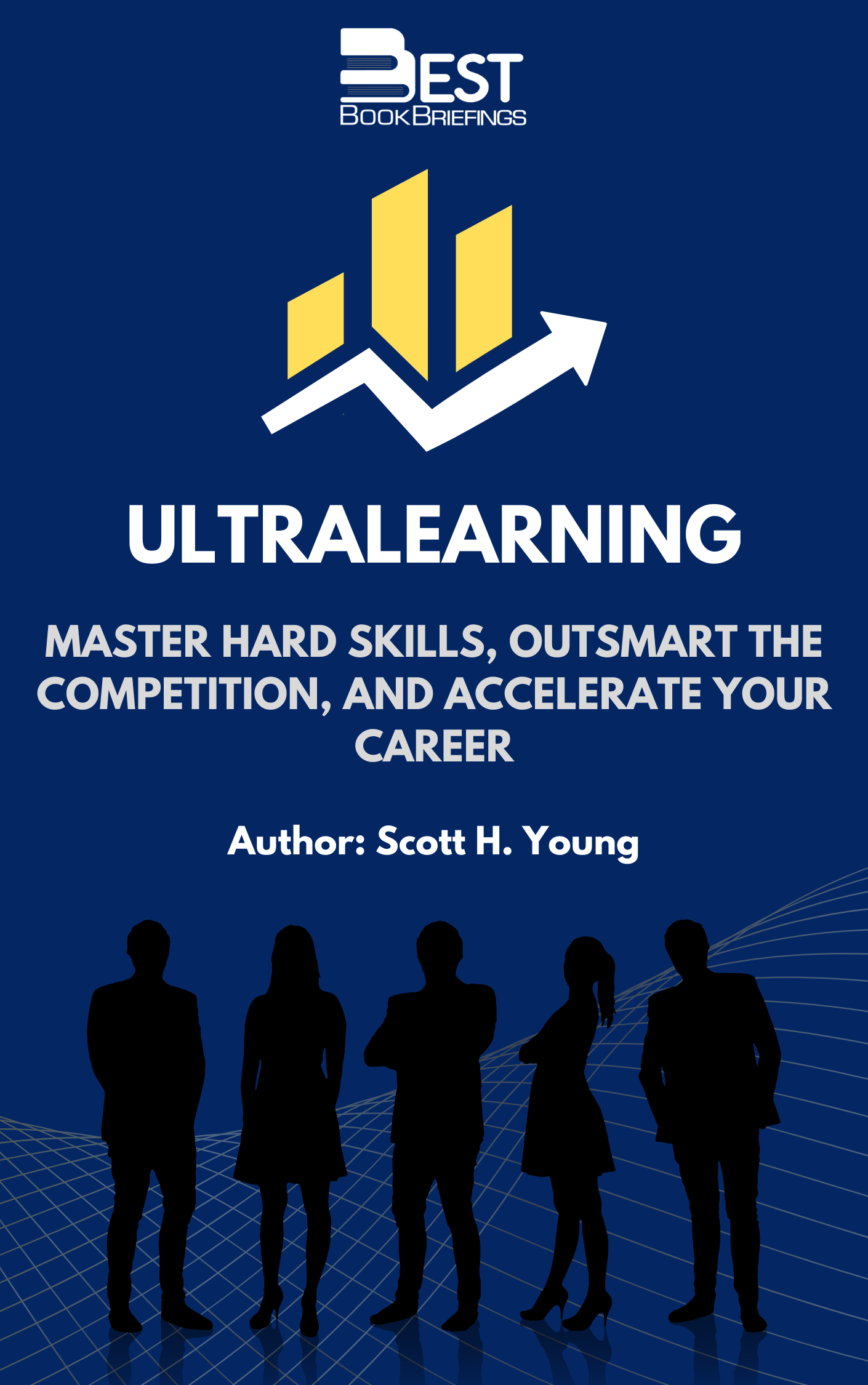Ultralearning
Master Hard Skills, Outsmart the Competition, and Accelerate Your Career
Editorial Review
When we hear the word ‘learning’, we think that there is something that has to do with education. Scott Young, in his book Ultralearning, discovered more about what the word ‘learning’ has from significance. He went deeper and reached insightful perspectives through which we’ll love to learn more, produce more, and adapt to whatever the workplace throws our way. Ultralearning offers nine principles to learn and master hard skills quickly. This is the essential guide to future-proof your career and maximize your competitive advantage through self-education.
Book Reviews
Books on Related Topics
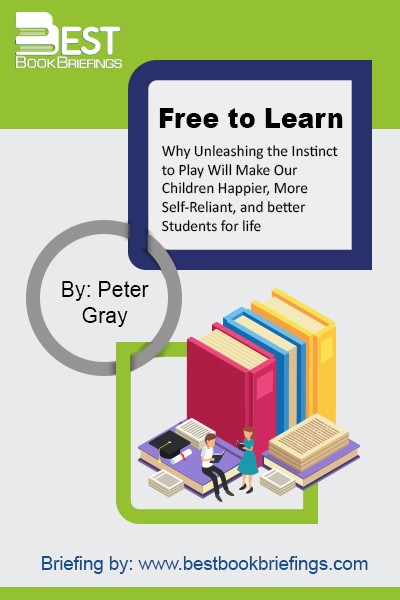
Children come into the world burning to learn and genetically programmed with extraordinary capacities for learning. Within their first four years or so they absorb an unfathomable amount of information and skills without any instruction. They learn to understand and speak the language of the culture into which they are born,
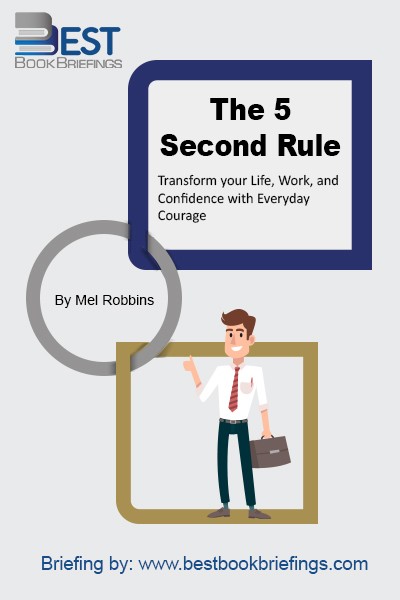
How to enrich your life and destroy doubt in 5 seconds. Throughout your life, you've had parents, coaches, teachers, friends and mentors who have pushed you to be better than your excuses and bigger than your fears. What if the secret to having the confidence and courage to enrich your life
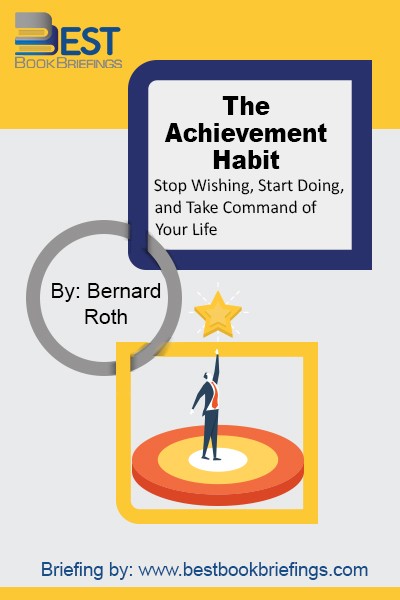
Whenever anyone makes an important change, it’s because a switch has flipped. Someone who has struggled his whole life with his weight finally decide to get fit. Someone who has put up with an abusive boss for years finally has enough and quits. A shift has happened that has made action
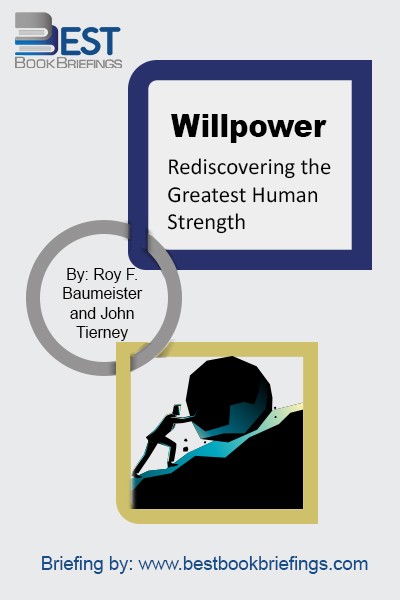
Pioneering research psychologist Roy F. Baumeister collaborates with New York Times science writer John Tierney to revolutionize our understanding of the most coveted human virtue: self-control. Drawing on cutting-edge research and the wisdom of real-life experts, Willpower shares lessons on how to focus our strength, resist temptation, and redirect our lives.

